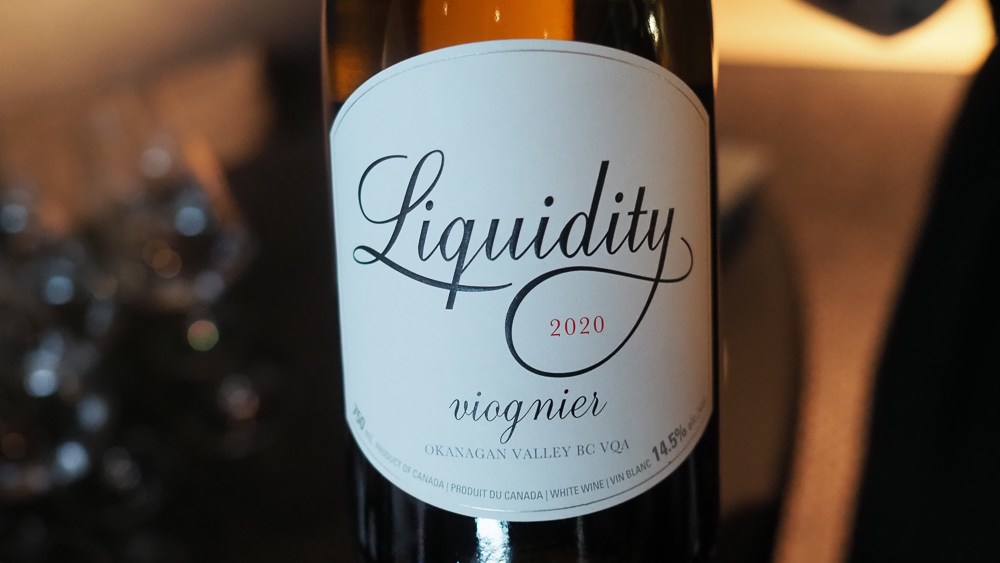Faithful readers may recall tales of me crying tears into my beer last year, with the announcement of the closure of Fort McMurray’s Wood Buffalo Brewing last summer.
For the benefit of new readers, Wood Buffalo Brewing opened to great fanfare in 2013, but was hit hard by the global collapse in oil prices the following year, which hit the Fort McMurray economy particularly hard. The 2016 wildfire that destroyed much of Fort McMurray made things even worse, particularly because the rebuild of the town shifted much of the population to the other side of river, leaving the brewery with a much smaller local customer base.
I was only lucky enough to visit the brewery twice during its operation, as I made it a must-see every time I travelled to The Mac. In addition to brewing some of the finest beer in our fair province, they were one of the first craft distiller licensees in Alberta, putting out small-batch spirits that made a mean Caesar cocktail.
After receiving the news of their closure, I drowned my sorrows in the ales of the sister breweries to Wood Buffalo Brewing, namely Jasper Park Brewing, Banff Avenue Brewing, and Calgary-based Last Best Brewing & Distilling.
Together, those four breweries made up the Bear Hill Brewing Company, collectively known as the Albeerta Advantage. The closure of Wood Buffalo Brewing in Fort Muck last June was a harsh blow, but a new member of the Bear Hill family appeared in Edmonton a few months back, in the form of Campio Brewing, which I visited while making a weekend jaunt to Edmonton over the Family Day long weekend.
Despite being a chain of brewpubs, all the members of the Bear Hill Brewing family have completely unique décor, food menus, and beer recipes. If I had not seen the Albeerta hats and growlers for sale when I walked in, I would never have known Campio Brewing was part of the Bear Hill family.
Campio Brewing has the full variety of beer styles, ranging from light pilsners to ebony stouts. However, unlike the common refrain of Alberta brewers boasting of their locally-grown barley or hop-forward IPAs, Campio Brewing is a yeast-focused brewery, which beer fans will recognize as a common strategy of Belgian-styled beers.
I was lucky enough to get a tour during my visit, and it was reminiscent of brewers I have visited in Belgium. The first item to catch my eye were the four foeders, or large oaken vats used for fermentation, that I have not seen since a brewery tour in the Belgian town of Brugge.
Foeders are uncommon in modern brewing, largely replaced by stainless steel vats that are easier to sanitize. However, foeders allow for more wild and spontaneous fermentations, bringing the yeast flavours front and center of the brew.
There was also a large open fermenter, another uncommon sight in modern brewing. Fermenters are typically closed stainless steel vessels, keeping oxygen and sunlight away from the fermentation process for a more consistent and repeatable brew.
Open fermenters allow wild airborne yeasts to participate in the fermentation process, and the exposure to oxygen changes the way the yeast behaves, bringing out fruity esters and additional complexity in the resulting brew.
My favourite was Nondenominational Abbey Ale, which as can be guessed from the name, is made in in the style of a Belgian Abbey Ale, first brewed by Trappist monks for sustenance during long fasts. This beer style was essentially designed to be a liquid bread to keep the monks going without food, so is made with huge amounts of barley malt, which translates to the heftier alcohol content of 6.9% ABV.
My drinking companion preferred the Construction Saison, another yeast-forward style from Belgium, originally brewed as a farmhouse ale for workers during the harvest season.
While this brew weighed in at a normal 5.4% ABV, the original Saison style from centuries past was typically less than 3% ABV, as the thirsty farm workers consumed up to five litres each day, and needed to stay sober while working.
Pay Campio Brewing a visit on your next stop in Edmonton, or look for their brews in cans at your friendly neighbourhood bottle shop. If Deadmonton is a city you avoid, visit their sister breweries in Calgary, Banff, or Jasper.







